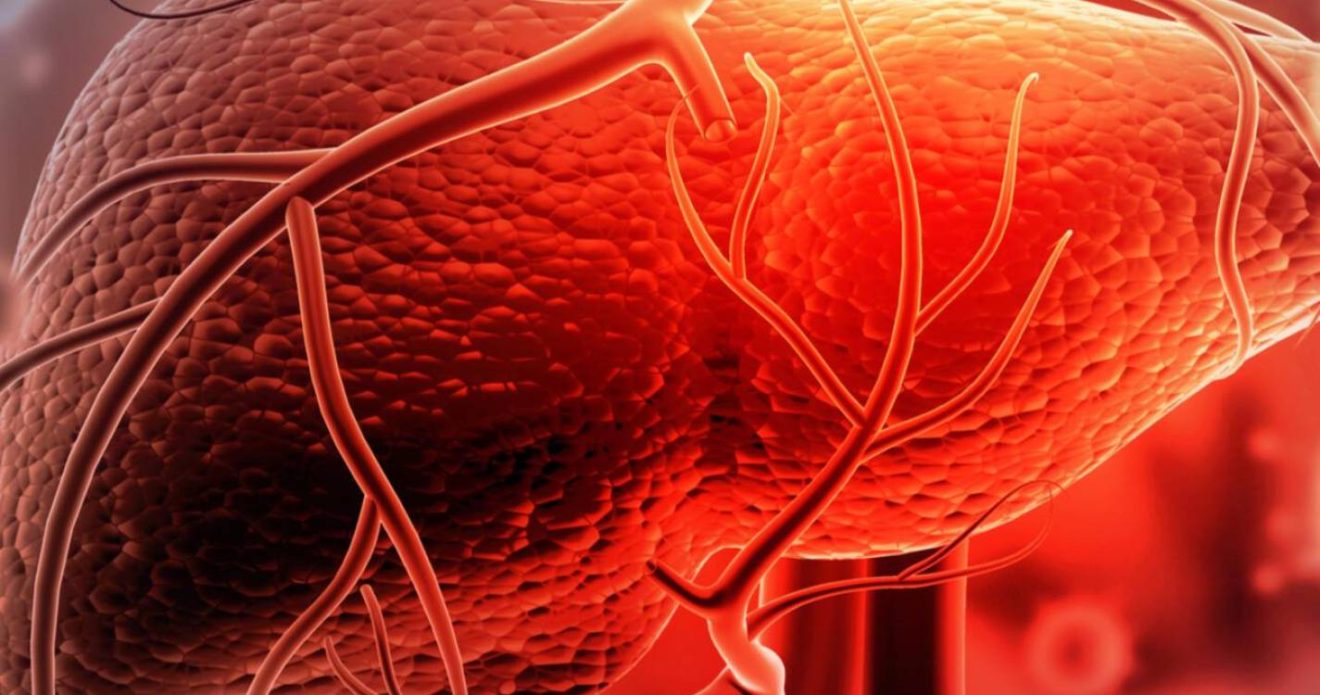The Directorate-General for Health (DGS) reported today an outbreak of hepatitis A, having identified 23 cases, between the 1st of January and the 5th of March.
The National Institute of Health Doutor Ricardo Jorge (INSA) has identified, among those confirmed, six cases of the strains of the hepatitis A virus previously identified in the outbreak that occurred between 2016-2018, affecting several European countries, including Portugal.
Most of the cases are men aged between 20 and 49 years, 44% in the context of sexual transmission, with no serious or fatal cases reported, informs the DGS on its website.
The DGS said that, so far, “there does not seem to be an association with the possible consumption of specific foods.”
“To date, and according to the information available from the reported cases, there does not appear to be an association with the possible consumption of specific foods, namely strawberries, taking into account the European food safety alert on the detection and pre-sale, in Spain, of batches of strawberries contaminated with Hepatitis A virus from Morocco, a hepatitis A endemic country.”
Although an epidemiological investigation is underway, there is “an increase in the number of cases reported in January and February 2024, compared to the same period in previous years.”
In 2020, four cases were reported, between January and February, in 2021, two cases, in 2022, six cases, in 2023, two cases, and in 2024, 18 cases.
Between 2020 and 2023, 102 cases were recorded.
The DGS recommends the notification of suspected cases in SINAVEmed (https://sinave.minsaude.pt/), the carrying out of an epidemiological survey, and the immediate notification by laboratories of confirmed cases.
The DGS also advises the reinforcement of public health measures, such as the message of hygiene and food safety, including hand washing before and after meals and the sanitisation of food preparation spaces, and frequent hand washing and personal hygiene, especially of the genital and perianal region, particularly, before and after the use of sanitary facilities and before and after sexual intercourse.
Strengthening vaccination is also requested.
According to the DGS, contacts of confirmed cases – cohabitants and sexual contacts – should be vaccinated within two weeks of the last exposure.
If the two-week period has been exceeded and the vaccine is not administrated, then the person should be advised to be vigilant about the symptomatology and to reinforce appropriate measures to prevent possible transmission, as this can occur before the onset of symptoms.
The DGS also highlights the promotion of communication and health promotion strategies in collaboration with civil society, especially in the LGBT+ community.
The hepatitis A vaccine is available by prescription at community pharmacies.
Samantha Gannon
info at madeira-weekly.com


